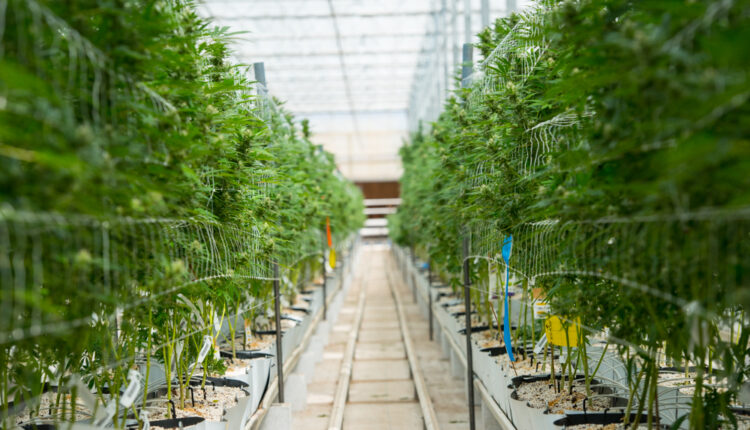
Inhibition Of The CB1 Receptor Shows Positive Effects On Cannabis Use Disorder In New Study
Cannabis use disorder (CUD) affects a significant portion of individuals who use cannabis, with 19.5% developing this disorder. In 2020, 14.2 million people in the United States were diagnosed with CUD, and 14% of those receiving treatment for substance use disorder reported cannabis as their primary drug of abuse. Severe CUD, referred to as cannabis addiction, is characterized by clinical impairment and unsuccessful attempts to reduce or quit cannabis use. A study was designed to see if the attenuation of the CB1 reception could help treat this disorder.
In a phase 2a trial, a double-blind, placebo-controlled crossover study, volunteers with CUD were randomized into two groups receiving ascending doses of AEF0117, the first of a new pharmacological class, is a signaling-specific inhibitor of the cannabinoid receptor 1 (CB1-SSi). The cannabis use disorder trial aimed to assess the drug’s effects on cannabis’ positive subjective effects, as measured by visual analog scales, and cannabis self-administration.
AEF0117 selectively inhibits specific intracellular effects resulting from THC binding without inducing behavioral changes. Preclinical studies on mice and non-human primates showed that AEF0117 reduced cannabinoid self-administration and THC-related behavioral impairment without significant adverse effects. Phase 1 trials involving single and multiple ascending doses of AEF0117 in healthy volunteers demonstrated its safety and tolerability.
Subsequent results in the Phase 2 demonstrated that AEF0117 significantly reduced cannabis’ positive subjective effects by 19% (at 0.06 mg dose) and 38% (at 1 mg dose) compared to placebo. AEF0117 (1 mg) also reduced cannabis self-administration. Importantly, AEF0117 was well tolerated by volunteers with CUD and did not precipitate cannabis withdrawal.
This discovery presents a potential therapeutic approach that offers advantages over existing pharmacological CB1 inhibitors. Orthosteric antagonists/inverse agonists, which block CB1 agonist binding, inhibit all receptor activity and can lead to adverse effects by impairing endocannabinoid function. These antagonists also precipitate withdrawal symptoms in THC-dependent animals and are unsuitable for treating cannabis addiction.
These findings suggest that AEF0117 is a safe and potentially effective treatment for cannabis use disorder. It represents a significant advancement in developing medications for CUD by specifically targeting intracellular effects of THC without causing adverse behavioral effects.
Further research and development are needed to explore the full potential of CB1-SSi compounds like AEF0117 in treating cannabis addiction.



